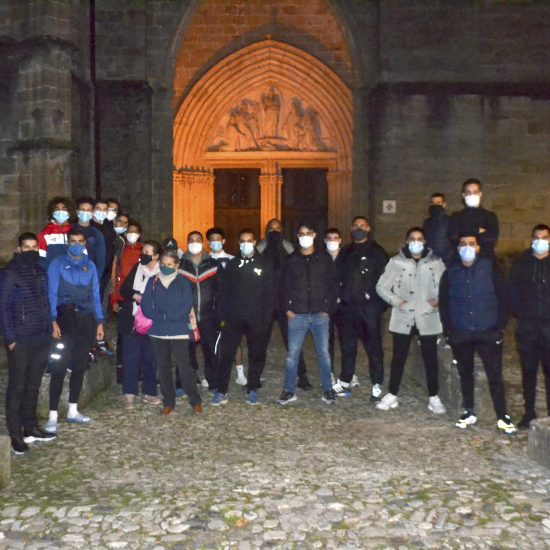By Bill Webb, Word&Way Editor
Some readers may find our cover story package on clergy predators unsettling and the  related art disturbing. We certainly hope so. Perhaps readers and their churches will be concerned enough to take steps to discourage predatory behavior by ministers and other leaders, both paid and volunteer. And perhaps they will deal appropriately if and when someone in the congregation becomes a victim of such abuse.
related art disturbing. We certainly hope so. Perhaps readers and their churches will be concerned enough to take steps to discourage predatory behavior by ministers and other leaders, both paid and volunteer. And perhaps they will deal appropriately if and when someone in the congregation becomes a victim of such abuse.
Evidence certainly does not suggest that this problem is an epidemic among Baptist pastors and others within Baptist ranks. But the problem is certainly larger than known evidence suggests because many people and many churches have turned their heads to abuse. Some victims remain silent.
This issue of Word&Way thoroughly explores this very real issue. It deals straight-on with predatory behavior and what it does to victims, often young victims.
Because Baptists traditionally hold their pastors in high esteem, they sometimes have trouble believing they could be betrayed and that a minister could have a dark side, one that preys on the vulnerable.
The message we hope everyone gets from our cover treatment on predators is (1) that prevention is the preferred and necessary approach, (2) that churches must deal wisely, prayerfully, aggressively and fairly when charges surface and (3) and that, if abuse has been perpetrated, the congregation has a moral and legal responsibility to act appropriately.
What are we to do?
We do our homework. When calling a minister or recruiting volunteers to work with young people, churches must have a system of checks in place, including a criminal background check. Everyone must be checked, without exception. If the goal of the policy is protecting our young people, no one should object.
We enforce strict rules of conduct. We do our young people and their families a disservice when we fail to put safeguards in place. Rules that spell out how many adults must be present with young people and what behavior will and will not be tolerated should be prepared, communicated and enforced.
We listen to concerns and complaints. We should create a climate and a system in which concerns can be voiced and handled sensitively, without fear of retribution. We do not punish whistle-blowers and we do not persecute people who may have been victimized. We do not turn our backs on our young people.
We confront the accused and pursue the truth. A charge of sexual abuse against a minister is significant. A reputation and ministry are at stake. A complaint or charge against a minister does not constitute guilt. That’s why a system needs to be in place well ahead of any incident, and it must have a provision for doggedly determining the truth. Jim White, editor of the Virginia Religious Herald, advises: Assume the accuser is truthful and the accused is innocent until you discover otherwise.
If abuse is confirmed, we comfort the afflicted. In our reporting this week are examples of victims who were not taken seriously. They did not receive the care — physically, psychologically or emotionally — that could have helped them recover from the trauma of abuse at the hands of abusive clergy. The larger must not become accomplices in the original crime by ignoring it.
We call in law enforcement. When evidence of a crime exists, we report it to the proper authorities. That’s the law. We do not engage in cover up, especially not when someone defiles our young people. We do not protect predatory behavior or provide a haven for predators.
We call predatory behavior what it is. Predatory behavior is an attack. It is a crime. It is sin. It is not simply a moral slip. Something dies inside a youngster who is abused by a trusted spiritual leader.
We do not remain silent. Examples abound of ministers who abuse youngsters at one church, are quietly dismissed and move to another church only to continue abusive behavior. To remain silent is to risk becoming an accomplice in future attacks. There are whole churches that are guilty of allowing youngsters to be abused at the next church simply because they withheld critical information.
In the matter of ministerial abuse, the goal of every church — big or small, rural or urban — should be to protect its young. When abuse is perpetrated, we respond quickly and appropriately. We do both best when we plan and when we train members to look out for the most vulnerable among us. (6-14-07)


